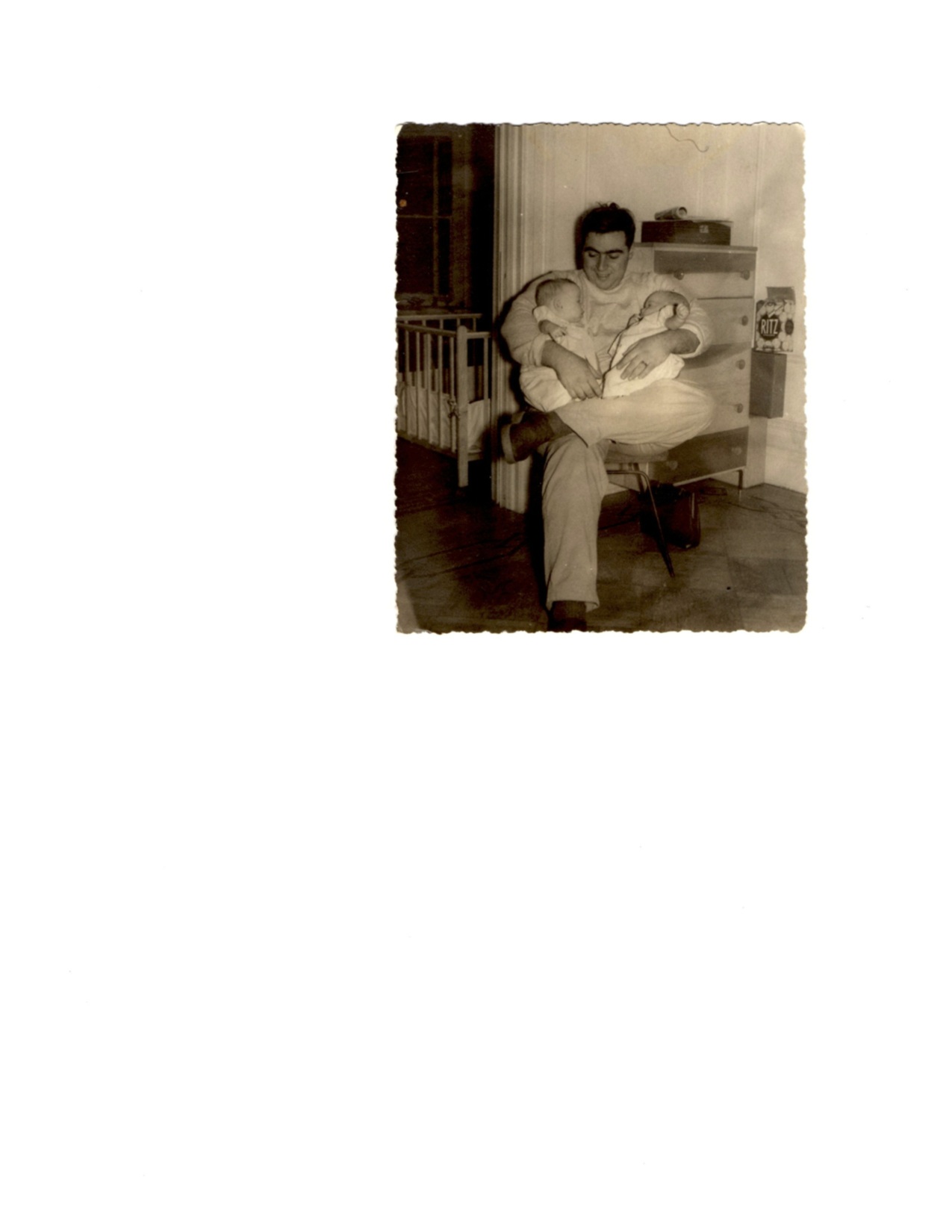I had the opportunity to hear Obama in person this summer, at the "Take Back America" conference. I was also fortunate to have just taken a speechwriting course with a former presidential speechwriter - a Republican. Although I'm a Democrat, I was spellbound in his class.
We watched landmark speeches given by such great orators as Mario Cuomo, Jesse Jackson and Martin Luther King. Hearing Obama's speech was a perfect culmination of everything I had learned in the course. It was as if the professor had saved the best for last, showing us a flawless practitioner of the art. When great orators are brought up, JFK often comes to mind; I thought Obama made JFK look awkward, by comparison.
To give a few examples from Obama's recent speech announcing his candidacy for president: speechwriters often use symmetry, to try to flip an idea over to its opposite. So, while Mario Cuomo urged Americans to look beyond Reagan's "shining city on a hill," to a "tale of two cities," Obama talks about disagreeing without being disagreeable, and turns a weakness into a strength: "I know I haven't spent a lot of time learning the ways of Washington. But I've been there long enough to know that the ways of Washington must change."
Well-crafted speeches are often like Beethoven symphonies - building up to a climax, often using a repeated phrase. So, like King's unforgettable chant of "I Have a Dream Today...," Obama whips up the crowd, repeatedly urging them to be part of a generation that makes historic changes, including freeing America from "the tyranny of oil."
And, speechwriters often use groups of three, a rhythm that the human ear seems to take to. So, Obama gives us a cascade of trios: "The cynics, and the lobbyists, and the special interests who've turned our government into a game only they can afford to play. They write the checks and you get stuck with the bills, they get the access while you get to write a letter, they think they own this government, but we're here today to take it back. The time for that politics is over. It's time to turn the page."
The musical analogies extend, not only to the over-arching structure of Obama's speeches, but to his speech pattern as well. Many of his sentences end with what, in musical circles, would be called, a "marcato" - marked; a quick emphasis. It lends a sense of finality, confidence, and credibility to his speech.
But perhaps, more than anything else, what makes Obama different is what made JFK different - his ability to call upon us to be our best; to overcome the "smallness of our politics," to think on a larger scale.
In the end, what makes Obama worth talking about, is not where he comes from, where he went to school, or the color of his skin. It is the fact that he is a talent that comes along once in a lifetime.





